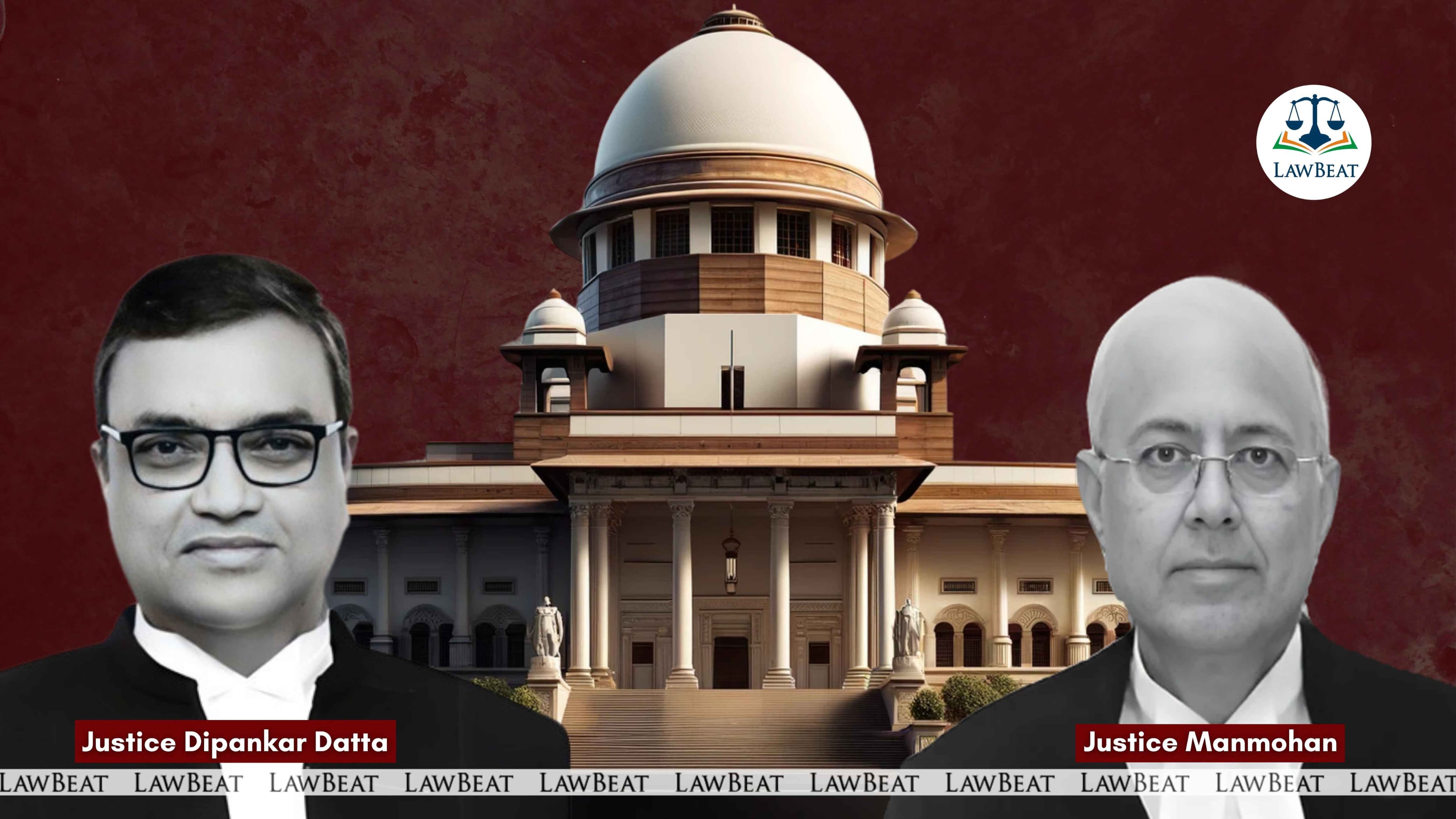SC Mandates Criminal History Disclosure in Bail SLPs

Court directed the Supreme Court Registry to bring the order to the notice of all concerned, in such manner as deemed appropriate, for compliance till such time the rules are amended
The Supreme Court has directed that from now on, anyone filing a special leave petition for bail must include in the synopsis the number of pending criminal cases against them. Failure to provide accurate information will be grounds for the petition's dismissal.
Observing a rising trend of undisclosed pending cases, the court emphasized that such omissions undermine the integrity of the judicial process, with the apex court itself being misled.
A bench of Justices Dipankar Datta and Manmohan issued the direction in institutional interest to prevent abuse of the process of the law, saying, "This court has shown leniency in the past, but we think it is time that such state of affairs is not allowed to continue further".
The court, accordingly, directed that henceforth each individual who approaches the court with a Special Leave Petition (Criminal) challenging orders passed by the high courts/sessions courts declining prayers under Sections 438/439 of the Code of Criminal Procedure, 1973 or under Sections 482/483, Bharatiya Nagrik Suraksha Sanhita should mandatorily disclose in the ‘synopsis’ that either he is a man of clean antecedents or if he has knowledge of his involvement in any criminal case, he should clearly indicate the same together with the stage that the proceedings, arising out of such case, have reached.
"Should the disclosure be found to be incorrect subsequently, that itself could be considered as a ground for dismissal of the special leave petition," the bench said.
The court was dealing with a special leave petition filed by one Munnesh, challenging the Allahabad High Court's order of October 3, 2023, rejecting his bail plea. The petitioner was arrested on May 26, 2018, in a murder case.
The court noted there was no disclosure in the special leave petition as regards the petitioner’s criminal antecedents, which included conviction in one case under Sections 379 and 411 of the IPC.
"We enquired from the counsel for the petitioner as to why there is no disclosure in the special leave petition about the petitioner’s criminal history. He submits that the pairokar of the petitioner did not provide complete information," the bench said.
Had the petitioner’s criminal history been disclosed in the special leave petition, the bench wondered whether notice on it would have at all been issued.
"Be that as it may, since the petitioner has suppressed material facts with regard to his involvement in criminal cases, he is not entitled to the discretionary relief of bail. Even otherwise, the trial has progressed reasonably and hence, no case for releasing the petitioner on bail has been set up," the bench said.
The court thus dismissed the special leave petition.
Before parting, the court decided to deal with a growing trend of individuals seeking from the court the concession of bail or concession of protection from arrest, not disclosing in the special leave petitions their involvement in other criminal cases.
In such cases where involvement is not disclosed, on a prima facie satisfaction that long incarceration without reasonable progress in the trial is invading the right to life of the accused or that the offences for which the FIR has been registered are not too serious, notices are issued and only thereafter, information of criminal antecedents is being provided in the counter affidavits filed by the respective respondents-States, as in the present case, the bench said.
The court said it was conscious that complying with this direction could result in inconvenience for some; the direction was being issued in the institutional interest so that proceedings before the court are not taken lightly by those who choose to approach it and the process of law is not abused.
The bench directed the Supreme Court Registry to bring this order to the notice of all concerned, in such manner as deemed appropriate, for compliance till such time the rules are amended.
